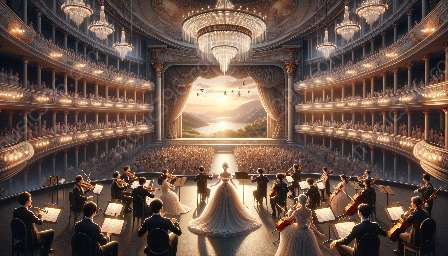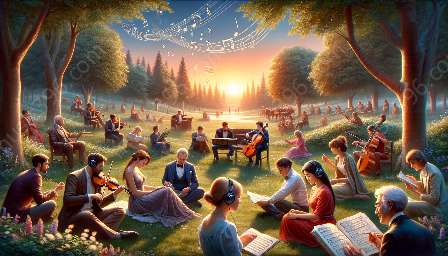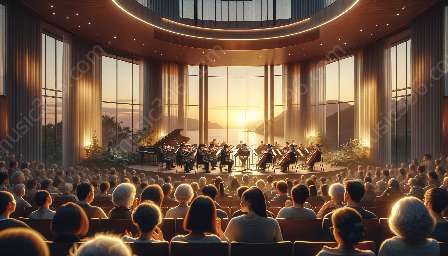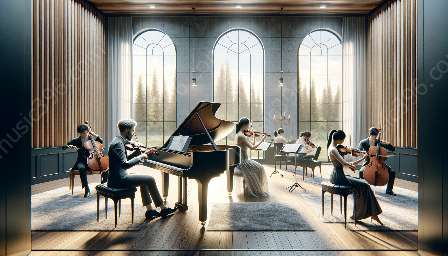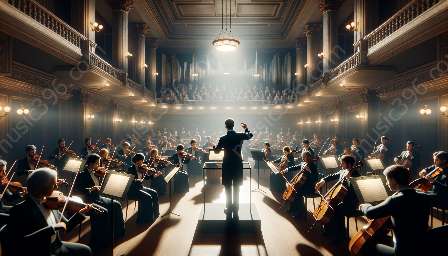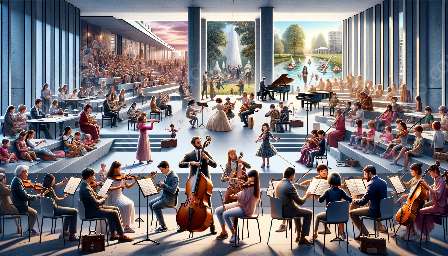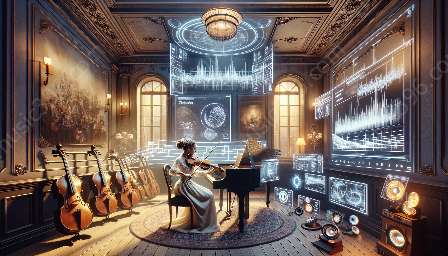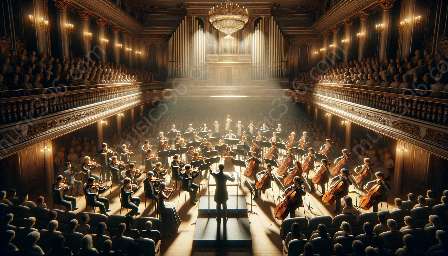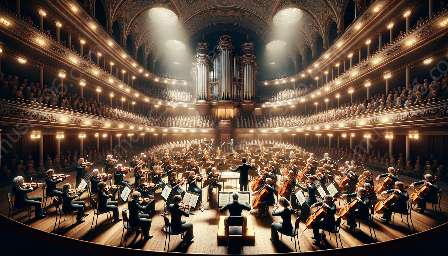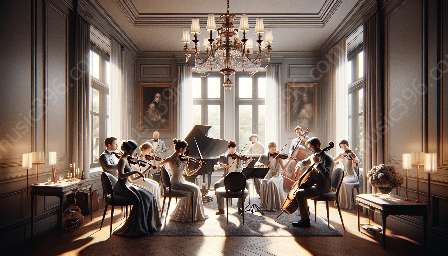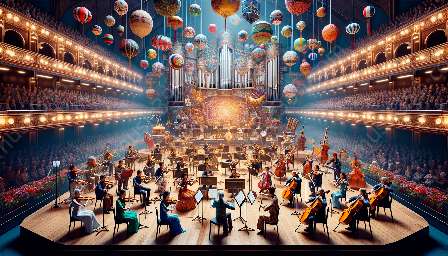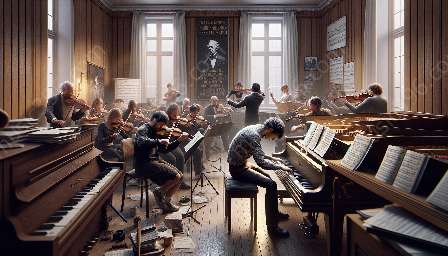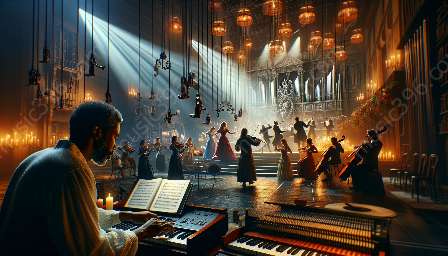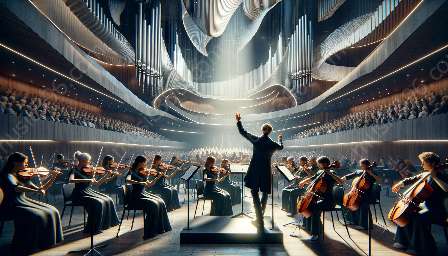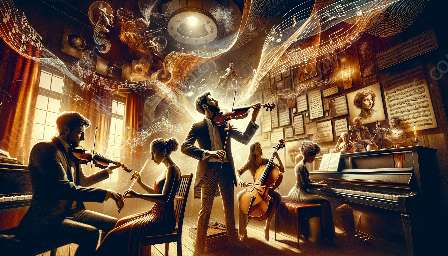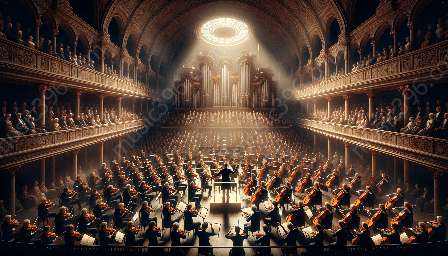Social media has become a powerful tool in shaping the landscape of classical music criticism, revolutionizing the way audiences engage with and evaluate performances and recordings.
Understanding the impact and implications of this transformation is crucial in appreciating the dynamism of classical music and its critics in the digital age.
The Emergence of Social Media Platforms
Social media platforms such as Facebook, Twitter, Instagram, and YouTube have emerged as influential channels for sharing and discussing classical music. These platforms provide a space for musicians, critics, and audiences to connect, share content, and exchange opinions.
Democratization of Criticism
Social media has democratized classical music criticism by giving a voice to a wider range of perspectives. Previously, criticism was dominated by established publications and critics, but social media has allowed individuals from diverse backgrounds to express their views and contribute to the discourse.
Furthermore, this democratization has facilitated the discovery of new talents and performances that may have been overlooked by traditional outlets. Up-and-coming musicians and ensembles can now reach a global audience through social media, bypassing the constraints of traditional promotion and marketing.
Real-Time Engagement
Classical music enthusiasts can now engage in real-time discussions about performances and recordings, thanks to the immediacy of social media. Live-tweeting, live-streaming, and sharing video clips have transformed the way audiences experience and interact with classical music, creating a sense of community and camaraderie among music lovers.
This real-time engagement has also extended to critics and journalists, who can now share their insights and analyses as events unfold. Social media has enabled critics to offer immediate reactions and commentary, adding a new layer of depth to classical music discourse.
Challenges and Ethical Considerations
While the influence of social media on classical music criticism has been largely positive, it has also presented challenges and ethical considerations. The abundance of user-generated content has raised questions about the credibility and authority of classical music critics in the digital sphere.
Additionally, the fast-paced nature of social media can sometimes lead to superficial or hastily formed opinions, impacting the quality and depth of criticism. Critics must navigate the balance between timely responses and thoughtful, well-informed analysis to maintain the integrity of classical music discourse.
Impact on Traditional Critique
Social media's influence on classical music criticism has redefined the traditional model of critique. Critics now have the opportunity to engage with their audience in a more interactive manner, responding to feedback, questions, and discussions in real time.
Moreover, the accessibility and shareability of content on social media have expanded the reach of classical music criticism, reaching new audiences beyond the traditional readership of print publications. This broader dissemination has the potential to cultivate a deeper and more diverse interest in classical music among the general public.
Conclusion
The emergence of social media platforms has fundamentally transformed classical music criticism, offering new opportunities for engagement, discussion, and discovery. This evolution has reshaped the landscape of classical music, amplifying voices, fostering community, and enriching the discourse around this timeless art form.

